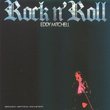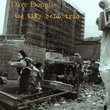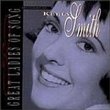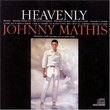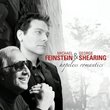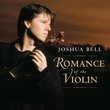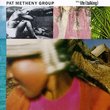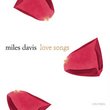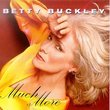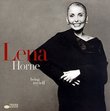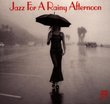| All Artists: Carol Sloane Title: Love You Madly Members Wishing: 0 Total Copies: 1 Label: Contemporary Release Date: 11/8/1991 Genres: Jazz, Pop, Broadway & Vocalists Styles: Vocal Jazz, Bebop, Vocal Pop, Traditional Vocal Pop Number of Discs: 1 SwapaCD Credits: 1 UPCs: 025218144926, 025218144919, 025218144940 |
Search - Carol Sloane :: Love You Madly
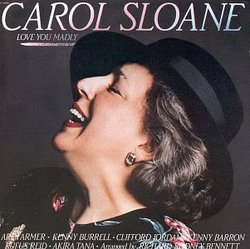 | Carol Sloane Love You Madly Genres: Jazz, Pop, Broadway & Vocalists
![header=[] body=[This CD is available to be requested as disc only.]](/images/attributes/disc.png?v=430e6b0a) ![header=[] body=[This CD is available to be requested with the disc and back insert.]](/images/attributes/disc_back.png?v=430e6b0a) ![header=[] body=[This CD is available to be requested with the disc and front insert.]](/images/attributes/disc_front.png?v=430e6b0a) ![header=[] body=[This CD is available to be requested with the disc, front and back inserts.]](/images/attributes/disc_front_back.png?v=430e6b0a) |
Larger Image |
CD DetailsSimilar CDs
Similarly Requested CDs
|
CD ReviewsA Burner from 7 of the Best Flame Throwers in the Business Samuel Chell | Kenosha,, WI United States | 04/17/2010 (5 out of 5 stars) "Compared to Carol's recent all-Ellington "Dear Duke," which is a quiet, hushed conversation among three knowing intimates, "Love You Madly" is the extroverted Carol Sloane. In fact, from the first track, Duke Ellington's "Love You Madly," she charges out of the gate like that little female greyhound I always made my lead dog for Superfecta Sundays at Dairyland. Then just as suddenly, she lowers the flame to a bright, vibrant glow for Van Heusen's lovely, comparatively neglected "I Could Have Told You So."
The sound is alive, full-frequencied, pristine, with a panoramic soundstage--and thank goodness. This is an all-star cast that deserves the very best--especially at a time when a couple of them were near the end of their lives--careers that were no less sterling and productive for not making them fortunes. Art Farmer was still at the top of his game, and I've never heard Clifford Jordan at anything less (his "Glass Bead Games" is, in my experience, the only 1970s recording coming close to the expressiveness of late Bill Evans). What a pleasure--and privilege--to hear, in addition to Carole, virtually "mythic" creative artists like Art Farmer, Clifford Jordan (Carmen McRae revered his talents enough to include him on her last live club dates), the all-but-untouchable (at least among living pianists) Kenny Barron, and last but not least, that Professor of Ellington Studies at UCLA who also happens to be the most prolifically recorded guitarist of all time (and for good reason), Kenny Burrell. Rounding out the team is the super-solid Rufus Reid (I attended all of the same classes as he--they were held at Joe Segal's Jazz Showcase in Chicago, with teachers like Stitt, Ammons, Dexter, Hubbard, Jaws, Byas, it goes on and on) and the always swinging Akira Tana on drums. As an added "kicker" the legendary composer Richard Rodney Bennett plays piano on "Norwegian Wood." But for those in the know, simply getting a glimpse of the producer of this session, Helen Keane, should say it all. (Perhaps any of us would be capable of assembling the best talent if we had spent a good part of our lives serving as the agent for Bill Evans.) Only one caveat: the audio is a trifle "hotter" than some of us (admittedly not all) require or desire. I've heard and witnessed so many studio sessions with the sound booths and the headphones (try to imagine Duke or Louis wearing headphones while playing--absurd) that I've become somewhat reactionary on this score. Back off a bit and trust us to listen!--and to hear (just like I could hear Ray Brown's unamplified acoustic bass in Milwaukee's cavernous civic center). The reverb is not enough to make most people even aware of it (less so than many Tony Bennett recordings), but it's there all the same. (I believe engineers refer to it as a "wetter" rather than "dryer" sound. Call me old-fashioned or reckless, but I prefer holding back on the vermouth in my martinis.)" |

 Track Listings (13) - Disc #1
Track Listings (13) - Disc #1